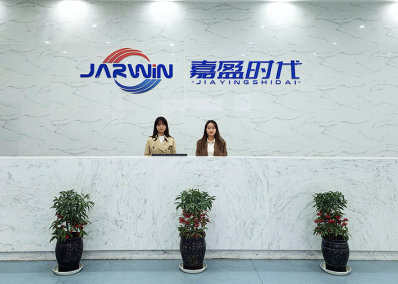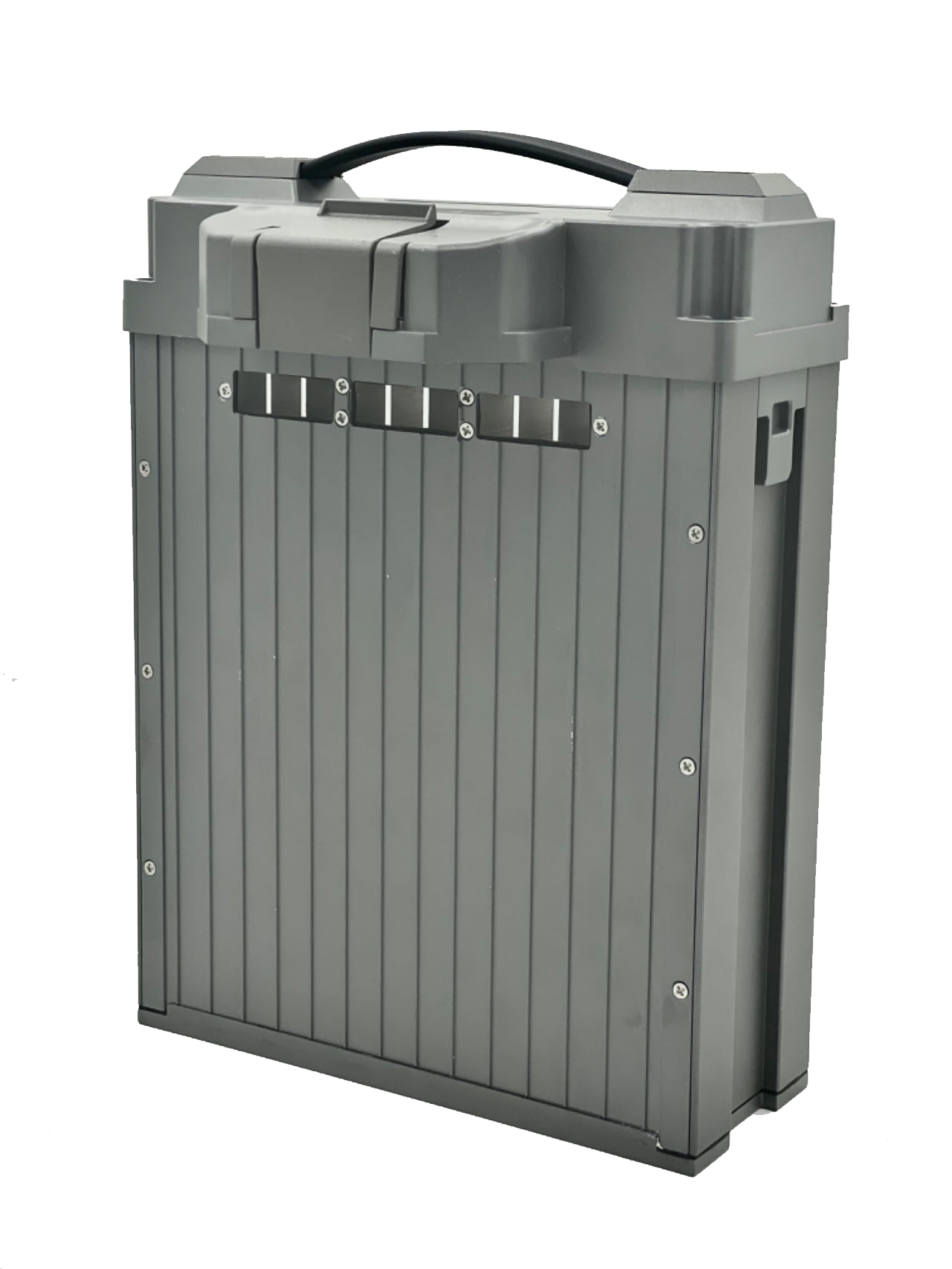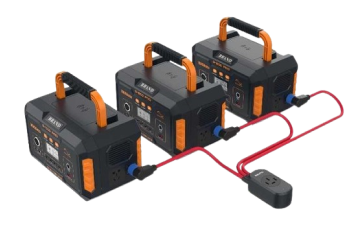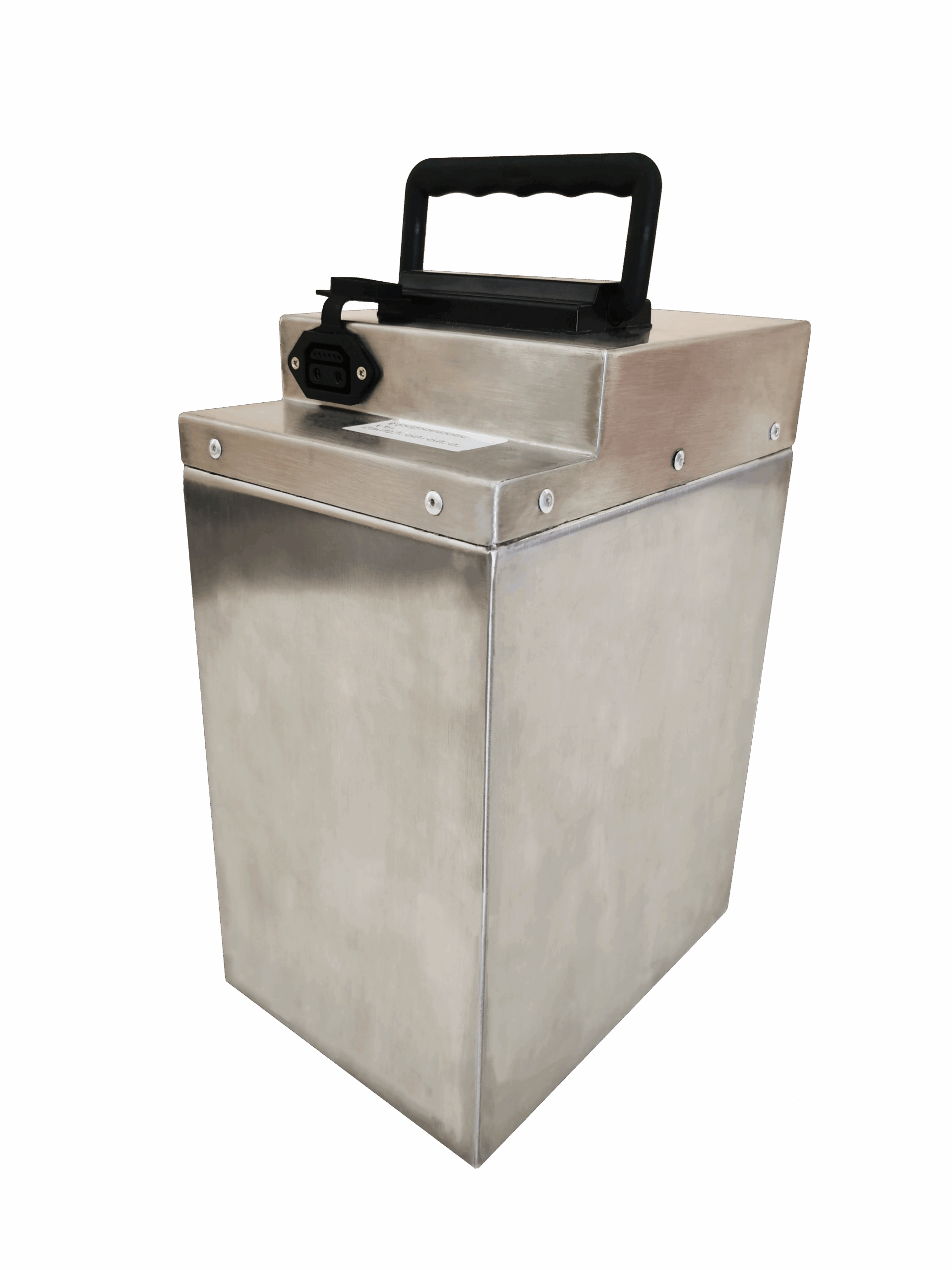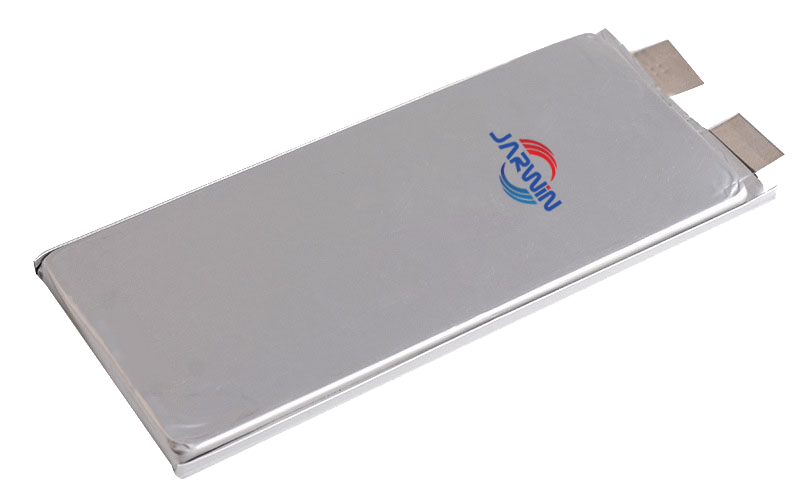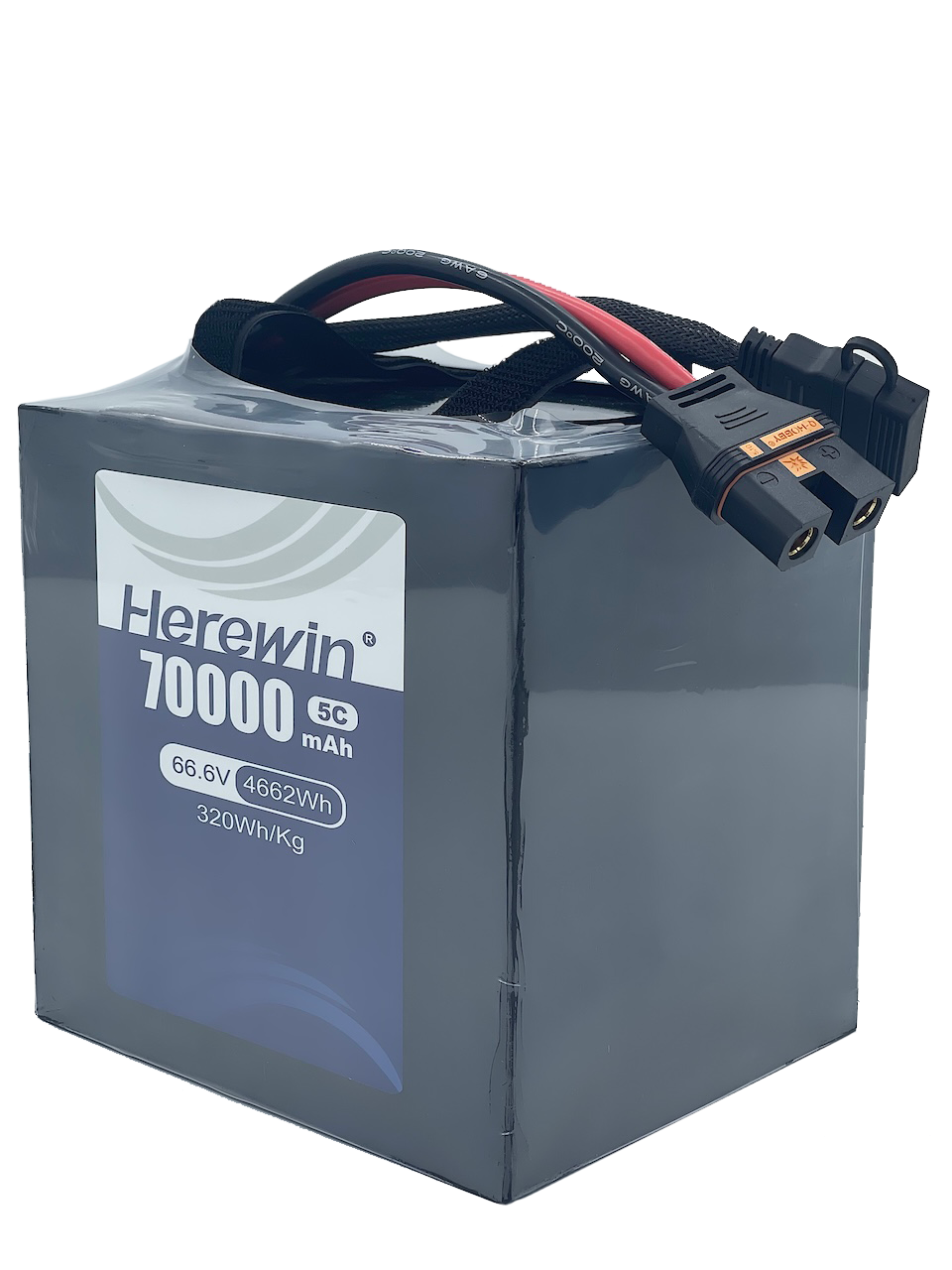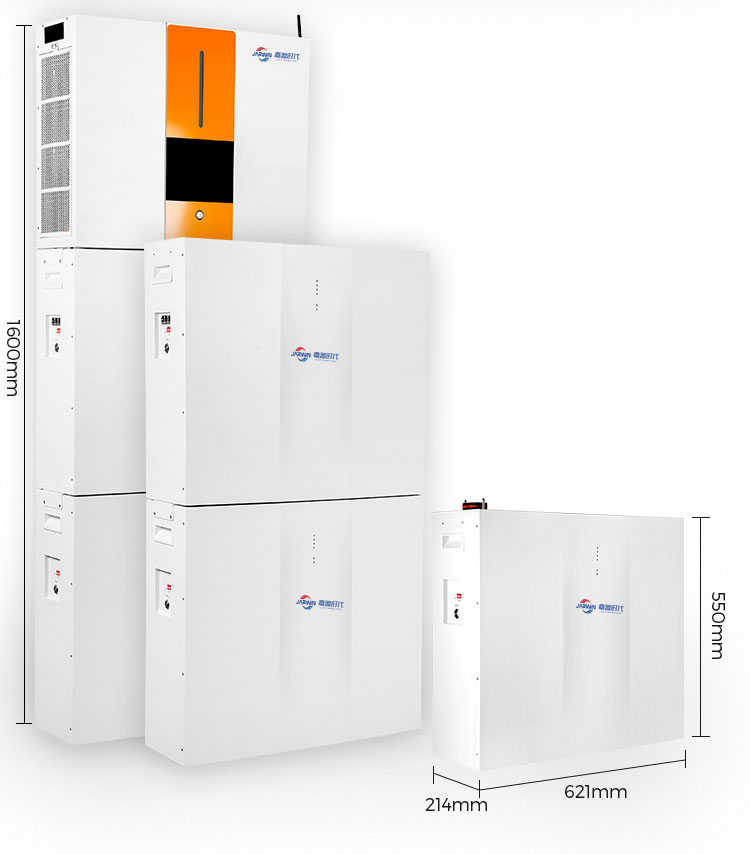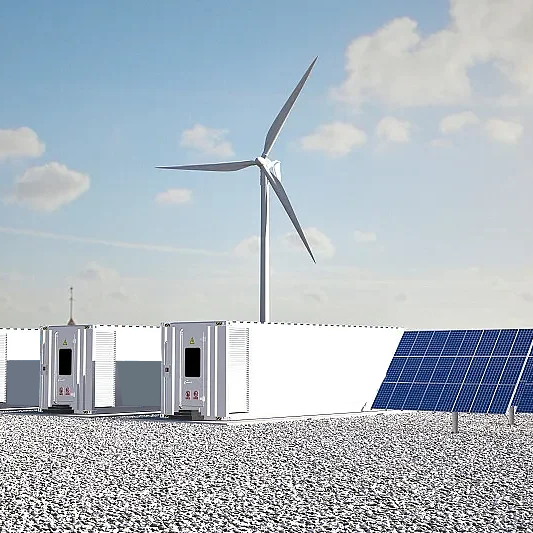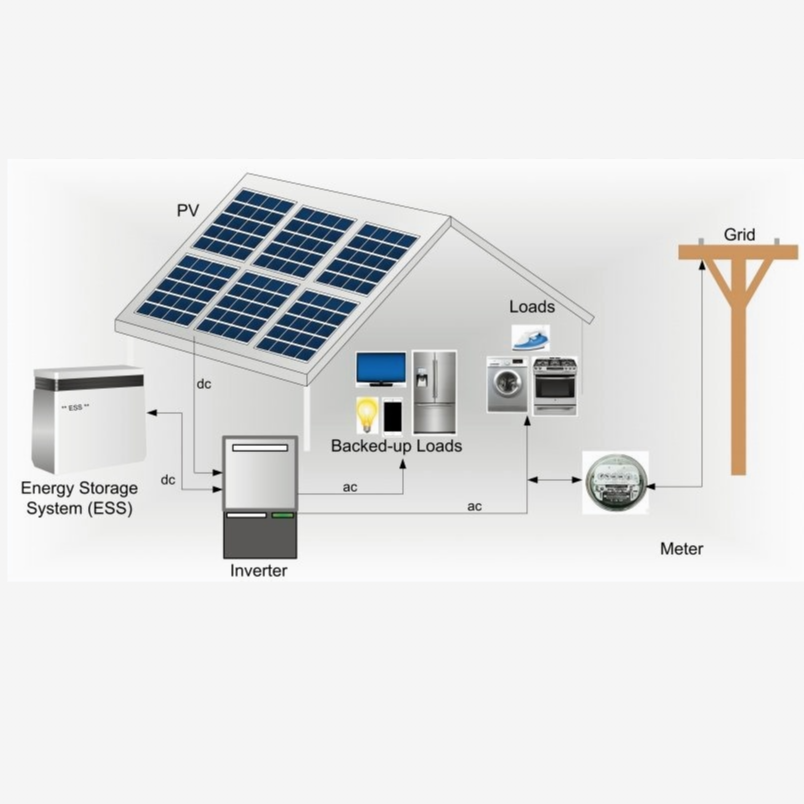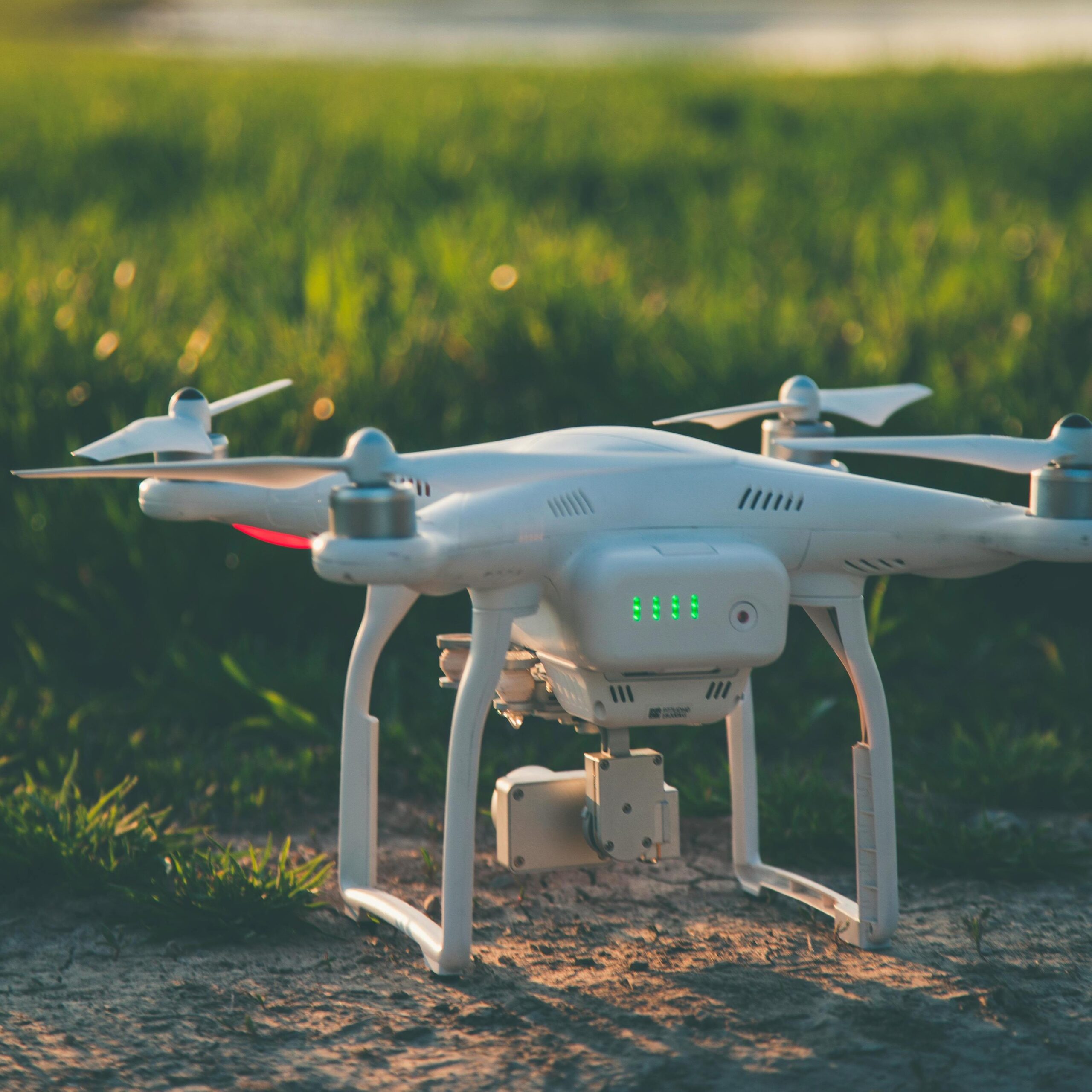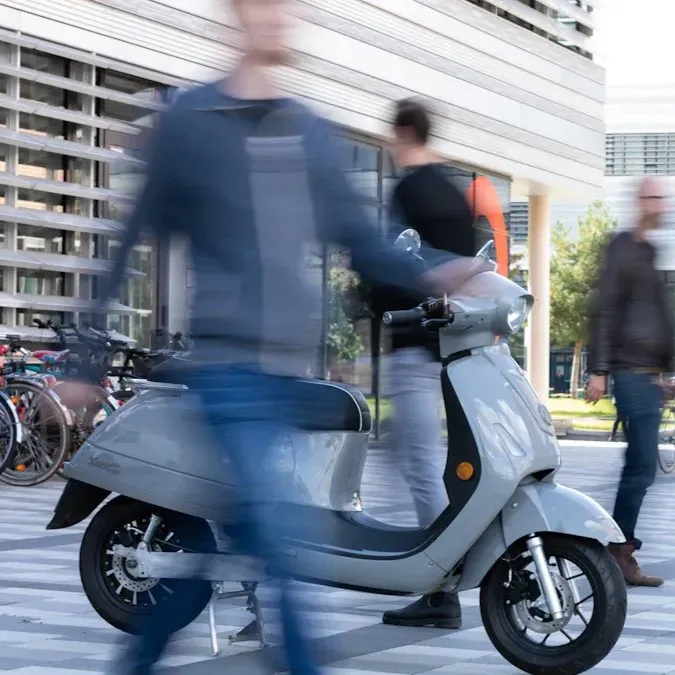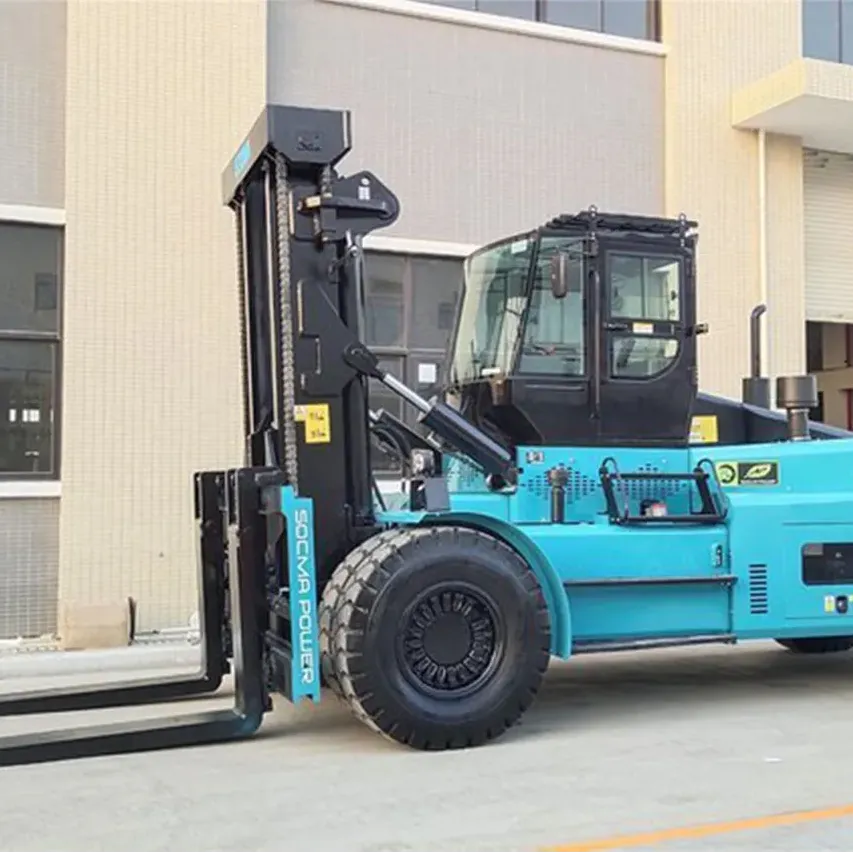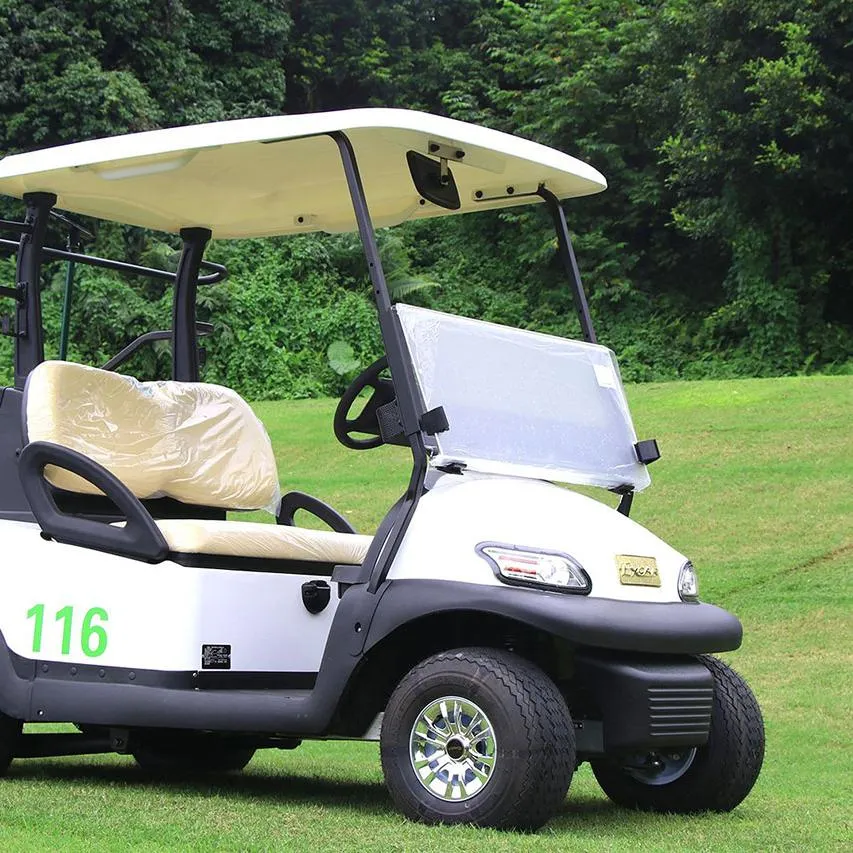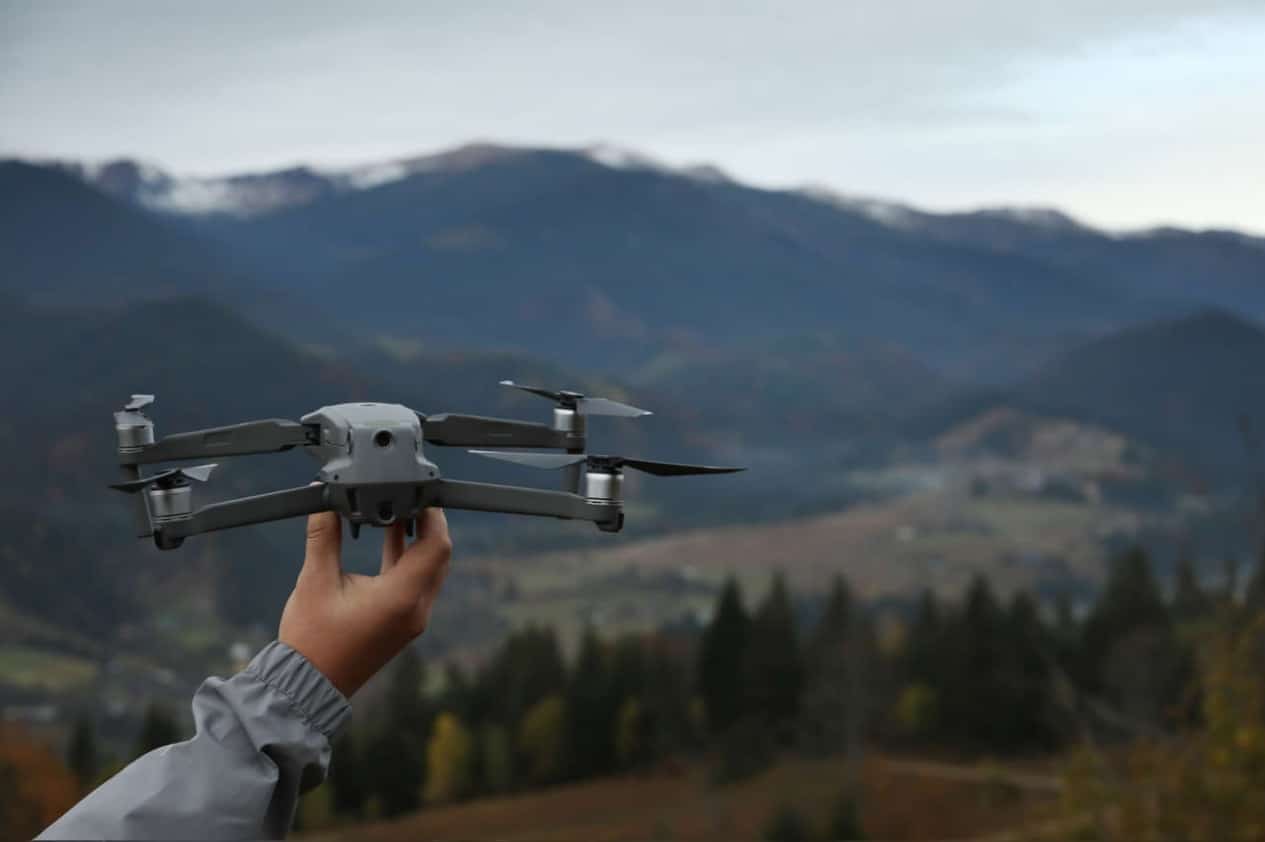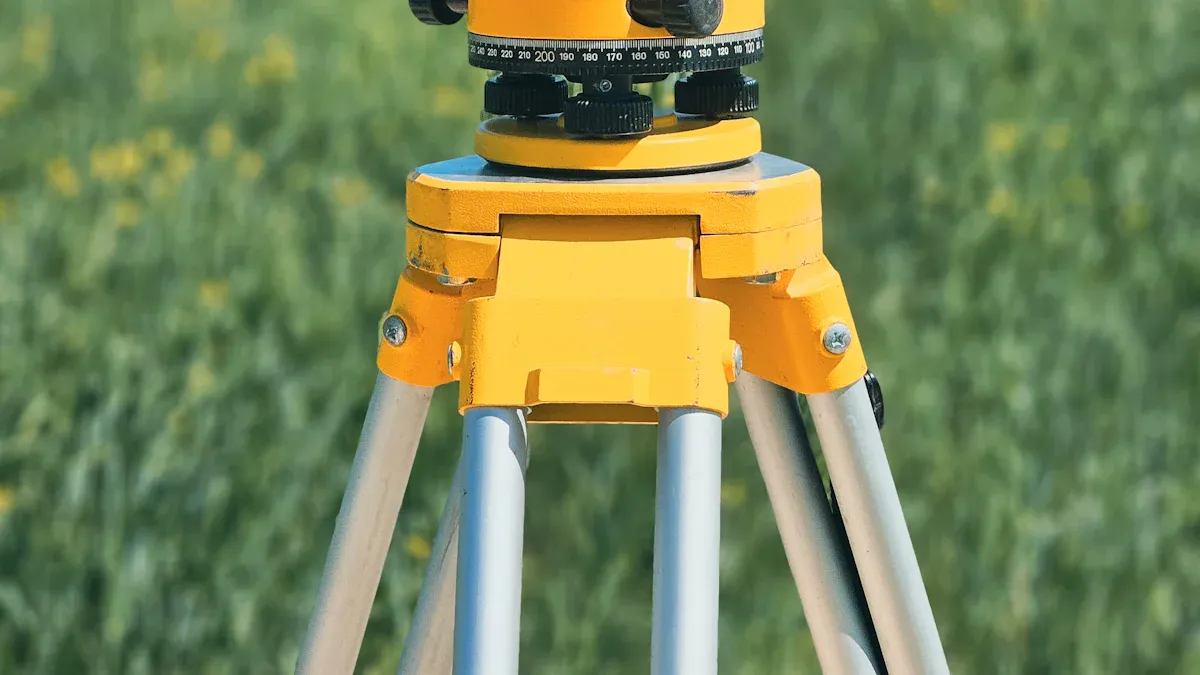
The need for better drones is growing fast in many fields, particularly for heavy-lift payload drones used in construction, mining, and agriculture. While these drones help move materials and monitor work sites, current battery technologies face operational constraints. Energy density limitations, for example, often restrict practical flight times to just 20–30 minutes, directly hindering operational efficiency. Furthermore, safety concerns like thermal runaway remain a risk, posing challenges for reliable deployment. To solve these limitations, semi-solid state batteries are emerging as a compelling option, capable of increasing flight time and boosting overall drone performance to power the next generation of drone technology.
Key Takeaways
Semi-solid state batteries help drones fly longer. This allows for longer missions and heavier loads.
These batteries are safer. They lower risks like thermal runaway. This makes them a good choice for many places.
They last longer, with 1,000-3,000 cycles. This means lower replacement costs and better efficiency.
They charge quickly, which means less waiting time. Drones can finish more tasks faster.
The better energy density and performance of these batteries are important for fields like construction and farming.
Current Battery Limitations
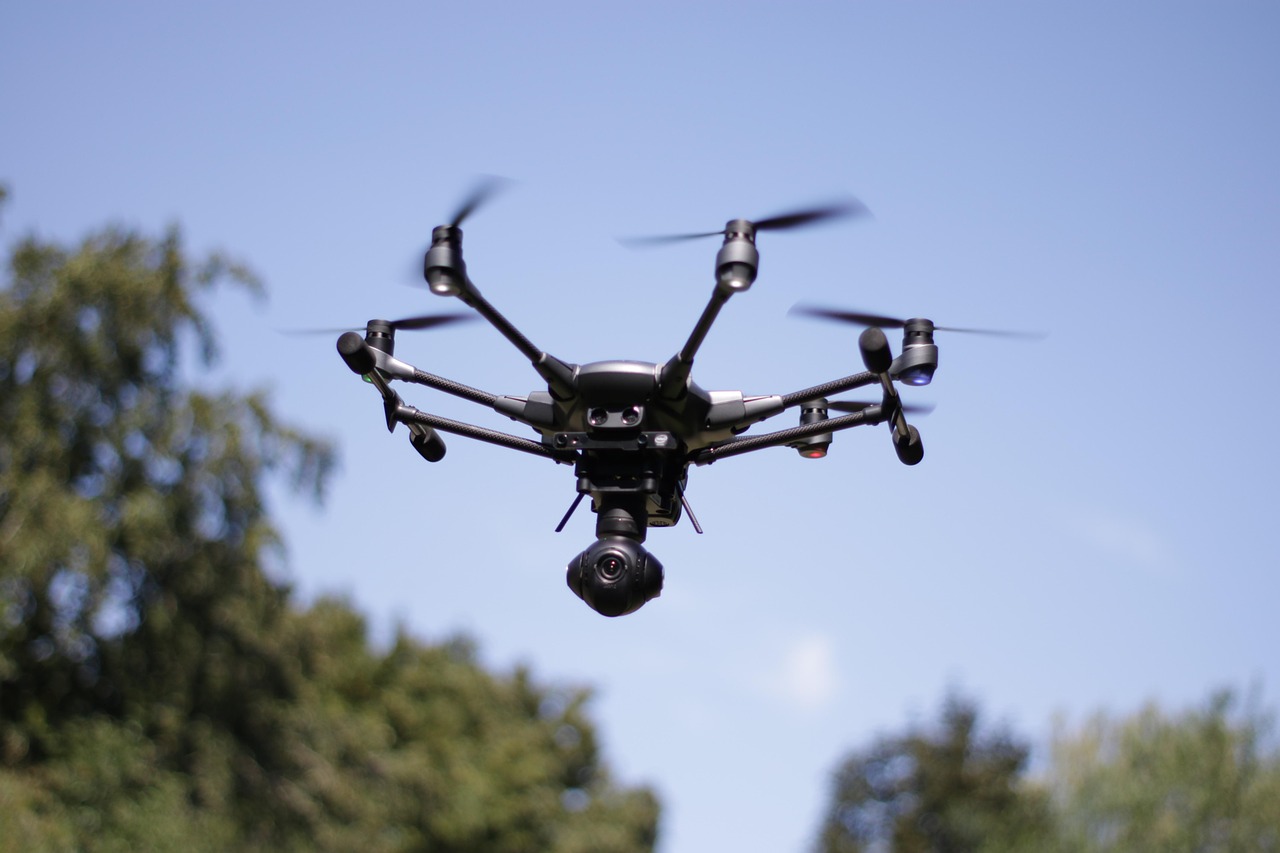
Energy Density Issues
Regular lithium-ion batteries have big problems with energy density. These batteries usually provide only 150-250 Wh/kg. This problem limits drone flight times to about 20-30 minutes. This is not enough for many industrial jobs. On the other hand, semi-solid state batteries can reach energy densities of 300-400 Wh/kg. This improvement lets drones fly longer and carry heavier loads. It meets the growing needs of surveying and heavy-lift tasks.
Safety Risks and Extreme Conditions
Safety is very important when using liquid lithium batteries in drones. These batteries can react badly to different weather conditions. For example, high heat can shorten flight times and hurt battery cells. Cold weather makes them less efficient, and humidity can damage electronics. Strong winds put more strain on motors, which lowers battery life. Rain and snow can add weight and break parts.
Key Safety Risks:
Temperature Sensitivity: High heat can cause battery failure.
Mechanical Stress: Batteries might swell or break during flights.
Short Battery Life: Changing batteries often can disrupt work.
High Operational Costs (TCO)
The total cost of ownership (TCO) for drones with regular battery technology can be high. Many things add to this cost:
Contributor | Description |
|---|---|
Purchasing Costs | The first cost to buy drones is high, affecting TCO. |
Maintenance Costs | Ongoing costs for keeping drones running add to the total expense. |
Infrastructure Costs | Setting up needed UAS infrastructure increases the cost of operating drones. |
Each flight could be the last for a drone, leading to high replacement costs. Limited repair options often mean total loss after crashes, raising insurance costs. These issues show the need for better battery technology to lower costs and improve flight time.
Semi-Solid State: The Herewinpower Solution
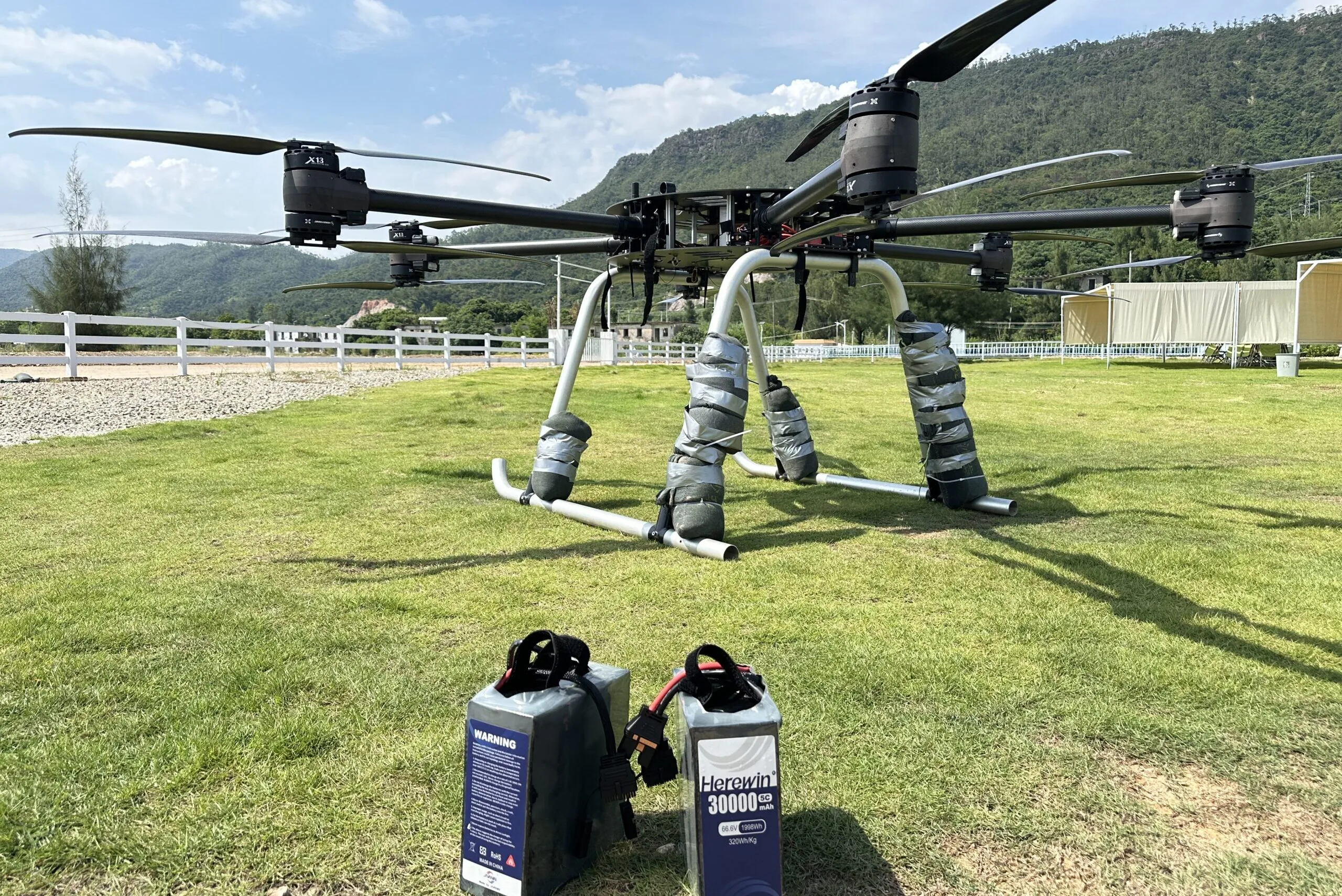
What is Semi-Solid State?
Semi-solid state batteries are a big step forward in battery technology. They mix the best parts of regular lithium-ion batteries and solid-state batteries. These batteries use a special electrolyte system, combining both solid and liquid parts. This hybrid design makes them inherently safer and provides significantly better energy density than regular batteries with flammable liquid electrolytes.
Technical Advantages
Higher Energy Density
Semi-solid state batteries can reach energy densities between 300-400 Wh/kg. This means drones can fly longer without needing to recharge. On the other hand, regular lithium-ion batteries usually give only 150-250 Wh/kg. This boost in energy density is very important for jobs that need longer flight times.
Inherently Safer Chemistry
Safety is very important in battery technology. Semi-solid state batteries use a gel-like electrolyte. This greatly lowers the chance of leaks and thermal runaway. This design makes them less likely to catch fire or spill chemicals. They are safer than regular lithium-ion batteries, which have flammable liquid electrolytes.
Ultra-Long Cycle Life
You can expect semi-solid state batteries to last longer than regular batteries. They can handle 1,000-3,000 cycles while keeping over 85% capacity. This means you will need fewer replacements and spend less money overall.
High Discharge Rate
These batteries can handle high discharge rates. This feature allows drones to perform tough tasks well and ensures stable power during high-demand maneuvers (like heavy lifting or rapid ascent). This consistent high power output improves overall operational reliability, especially when time is critical.
Brand Innovation
Smart BMS
Herewinpower‘s semi-solid state batteries have a Smart Battery Management System (BMS). This system checks battery health in real-time. It makes sure the battery works well and safely. It sends alerts for any problems, so you can fix them before they get worse.
Ultra-Fast Charging
The ultra-fast charging feature of Herewinpower’s batteries lets you recharge them quickly, reaching 80% in just 30 minutes. This capability drastically reduces downtime and boosts productivity, which is crucial for urgent tasks.
Essential Benefits for Target Applications
For Surveying and Mapping Drones
Semi-solid state batteries make surveying and mapping drones much better. They have high energy density. This means drones can fly longer flight times. You can expect flights to last from 30 minutes to over an hour, depending on what they carry. This longer range helps cover bigger areas in one flight. It makes data collection more efficient.
Also, the data collected by drones is more precise with semi-solid state batteries. The steady power supply helps sensors work well. This leads to more accurate measurements. This reliability is very important for fields like agriculture and construction. In these areas, precise data can affect important decisions.
For Heavy-Lift and Cargo Drones
Heavy-lift and cargo drones gain significantly from semi-solid state batteries, improving payload security and mission reliability. The high discharge rate allows drones to carry substantially more weight (e.g., boosting typical limits from 25 kg to 50 kg) for longer missions. Getting rid of risky liquid electrolytes lowers fire and explosion dangers, which is crucial for flying over critical infrastructure. Furthermore, quick charging means you can finish more missions in less time. This combined efficiency of heavier loads, better safety, and faster turnaround helps improve operational models, enabling you to deliver more payload effectively.
In conclusion, semi-solid state batteries are a big step forward in drone technology. By delivering better energy density, improved safety, and longer life than regular lithium-ion batteries, these benefits help lower overall costs and boost performance. By choosing semi-solid state batteries, you ensure mission success and improve your surveying and heavy-lift drones. To discuss how this technology can specifically enhance your fleet’s operational efficiency, please contact the Herewinpower expert team for a consultation.
FAQ
What are semi-solid state batteries?
Semi-solid state batteries mix solid and liquid electrolytes. This design makes them safer and gives them more energy than regular lithium-ion batteries. They are great for uses that need steady power, like drones.
How do semi-solid state batteries improve drone performance?
These batteries have higher energy density. This means drones can fly longer and carry heavier loads. Their safety features lower the chances of thermal runaway. This makes them more dependable for different missions.
Can semi-solid state batteries withstand extreme temperatures?
Yes, semi-solid state batteries work well in extreme temperatures. They stay efficient in both hot and cold weather. This ensures drones can operate reliably in many different places.
How long do semi-solid state batteries last?
You can expect semi-solid state batteries to last for 1,000 to 3,000 cycles. They keep over 80% of their capacity. This long life means you won’t need to replace them often, which saves you money.
Are semi-solid state batteries compatible with existing drone models?
Yes, semi-solid state batteries can work with many current drone models. Their hybrid design makes it easy to add them. This improves your drone’s performance without needing a lot of changes.
See Also
The Importance Of Semi-Solid State Batteries For Drones
Harnessing Semi-Solid State Batteries To Enhance Drone Performance
Understanding Semi-Solid State Batteries In Drone Technology

